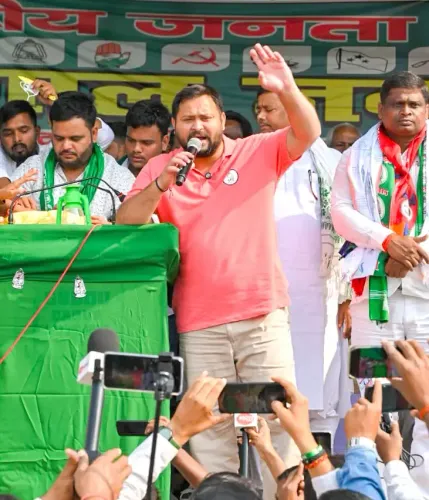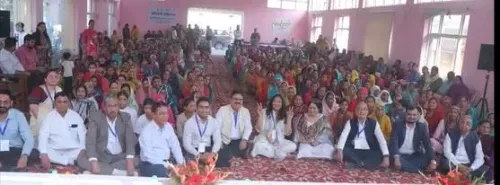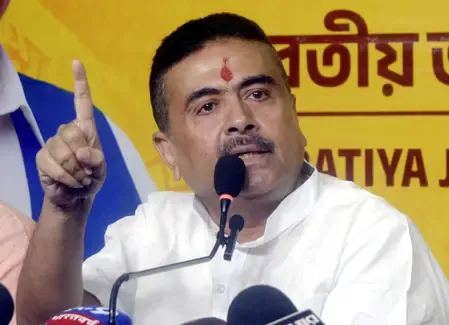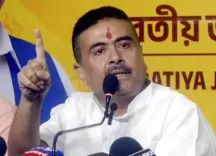How Many Arogya Mandirs Are Currently Functional in Delhi?
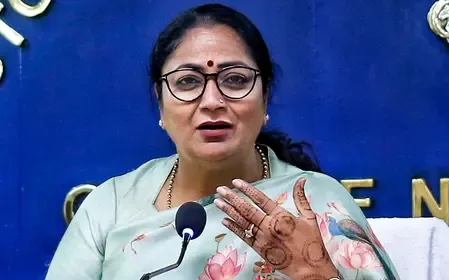
Synopsis
Key Takeaways
- 168 Ayushman Arogya Mandirs are currently operational in Delhi.
- 187 more centers are set to launch by December.
- The initiative aims to provide quality healthcare closer to residents' homes.
- These centers will offer a wide range of medical services.
- The government is committed to improving healthcare access and quality.
New Delhi, Nov 9 (NationPress) The Chief Minister of Delhi, Rekha Gupta, announced on Sunday that there are currently 168 Ayushman Arogya Mandirs functioning throughout Delhi. Additionally, plans are underway to launch 187 more centers by December.
Criticizing the previous AAP administration for its management of health facilities, CM Gupta emphasized that the Delhi government will refrain from utilizing rented spaces for health services, as there are sufficient government-owned properties available for the Arogya Mandirs.
The Chief Minister reiterated the Delhi government's commitment to making persistent efforts to ensure quality healthcare for its residents.
“Our objective is to provide residents with adequate medical services in proximity to their homes, thereby minimizing the necessity for frequent hospital visits,” she stated.
These Arogya Mandirs are being established under the Ayushman Bharat initiative, which aims to upgrade sub-health centers, primary health centers, and urban primary health centers into comprehensive primary health facilities.
The aim of these centers is not only to manage common health issues and facilitate necessary referrals but also to deliver standardized, respectful, and high-quality healthcare that caters to the specific needs of the local community.
She pointed out that the previous “Mohalla Clinics” provided limited healthcare services due to deteriorating infrastructure that hindered the expansion of medical facilities.
“In contrast, the Ayushman Arogya Mandirs are designed with state-of-the-art infrastructure and modern amenities to deliver a broader range of effective health services,” she explained.
These centers provide OPD services, diagnostic testing through external laboratories, free medications, maternal and antenatal care, neonatal and child health services, adolescent healthcare, family planning, reproductive health services, management of communicable diseases, screening and control of non-communicable diseases, eye and ENT care, basic dental services, elderly care, mental health evaluations and treatments, as well as emergency medical assistance.
The Chief Minister noted that this new framework signifies a pivotal advancement towards integrated and inclusive primary healthcare.
The Delhi government has incorporated Indian Public Health Standards (IPHS) in the Ayushman Arogya Mandirs to guarantee uniformity in infrastructure, human resources, medications, diagnostic capabilities, equipment, and governance systems. These standards ensure that all citizens receive equitable and continuous healthcare services.
Before launching the new centers, the government confirmed the continuity of healthcare services in areas previously served by Mohalla Clinics.
Residents in these regions are now benefitting from uninterrupted medical services available at their nearest Ayushman Arogya Mandir or other government health facilities,” she added.

